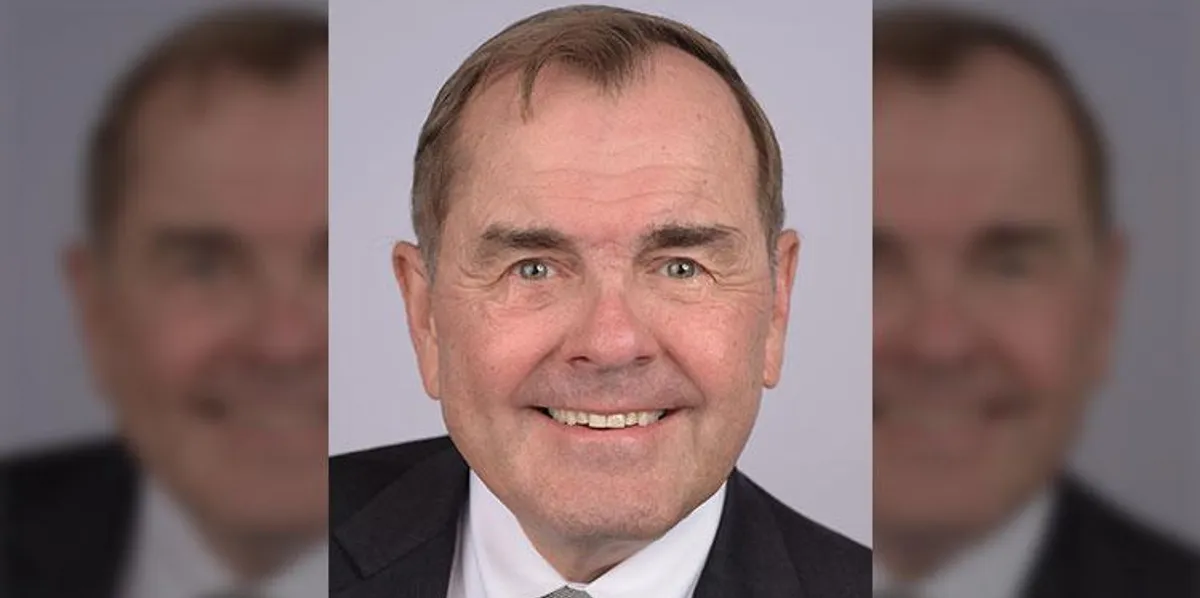Bruce Lehman is the Chairperson and President of the International Intellectual Property Institute (IIPI), a non-partisan, not-for-profit organization, based in Washington, D.C. The Institute promotes the creation of modern intellectual property systems and the use of intellectual property rights as a mechanism for investment, technology transfer and the creation of wealth in all countries of the world.
Lehman was a member of the Policy Advisory Commission to the Director General of the World Intellectual Property Organization (WIPO), the specialized United Nations agency headquartered in Geneva, Switzerland. He was president of the U.S. Committee for WIPO and was a member of several corporate boards, including PLX Systems, Inc.
From August 1993 through December 1998, Lehman served as Assistant Secretary of Commerce and U.S. Commissioner of Patents and Trademarks. As the Clinton Administration’s primary representative for intellectual property rights protection, he was a key player on these issues, both domestically and internationally. At the request of the President, he served concurrently in the fall of 1997 as acting chairperson of the National Endowment for the Humanities, which fosters and recognizes the work of America’s artistic and creative community.
In 1994, the National Law Journal, the largest-selling weekly publication for lawyers, named Lehman its “Lawyer of the Year.” In 1997, another publication, the National Journal, a Washington-based national magazine of public policy, named Lehman one of the 100 most influential men and women in Washington. The National Journal observed, “In today’s Information Age, the issue of intellectual property rights is no longer an arcane concern, but a vital part of U.S. trade policy. Since taking over his current posts in 1993, Lehman has been the Clinton Administration’s outspoken voice on such matters here and abroad.”
Serving as the leader of the U.S. delegation to WIPO’s December 1996 Diplomatic Conference on Certain Copyright and Neighboring Rights Questions, he successfully concluded negotiations which resulted in the adoption of two treaties: the WIPO Copyright Treaty and the WIPO Performances and Phonograms Treaty. These treaties, by updating international copyright law for the digital age, will greatly facilitate the growth of on-line digital commerce over the Internet. Likewise, Lehman’s guidance on the development of the intellectual property provisions of the Uruguay Round Agreement, now known as TRIPS (Trade Related Aspects of Intellectual Property), has enabled American creators and inventors to protect their creations more easily from piracy throughout the world.
Lehman engaged in streamlining the U.S. Patent and Trademark Office (PTO) to be more responsive and customer focused. His efforts were recognized by Vice President Gore’s National Performance Review as a success story for government reinvention. As Commissioner, he held a series of public hearings throughout the country to solicit the views and concerns of PTO customers. Feedback led PTO to develop new guidelines for patents in the biotechnology field and establish partnership libraries in Sunnyvale, California and Detroit, Michigan, to provide better public access to PTO information and services. Lehman also chaired the Working Group on Intellectual Property Rights of the National Information Infrastructure Task Force. In September of 1995, the Working Group released Intellectual Property and the National Information Infrastructure, which examines the role of copyright law in cyberspace and makes recommendations to fortify copyright protection of intellectual property in the networked environment of the information superhighway.
For ten years prior to joining the Clinton administration, Lehman was a partner in the Washington, D.C., law firm of Swidler & Berlin. There he represented individuals, companies, and trade associations in the area of intellectual property rights. His clients were drawn from the motion picture, telecommunications, pharmaceutical, computer software and broadcasting industries.
Prior to entering private practice, Lehman worked for nine years in the U.S. House of Representatives as counsel to the Committee on the Judiciary and chief counsel to the Subcommittee on Courts, Civil Liberties, and the Administration of Justice. Lehman was the Committee’s principal legal adviser in the drafting of the 1976 Copyright Act, the 1980 Computer Software Amendments, and 1982 Amendments to the Patent Laws.
Early in his career, Lehman served as legal counsel to the Wisconsin State Legislature, as an attorney with the U.S. Department of Justice, and as an officer in the U.S. Army. He was born on September 19, 1945, and attended the University of Wisconsin — earning a B.A. in 1967, and a J.D. in 1970. He is a member of the bar in the District of Columbia.
The Honorable Bruce Lehman
